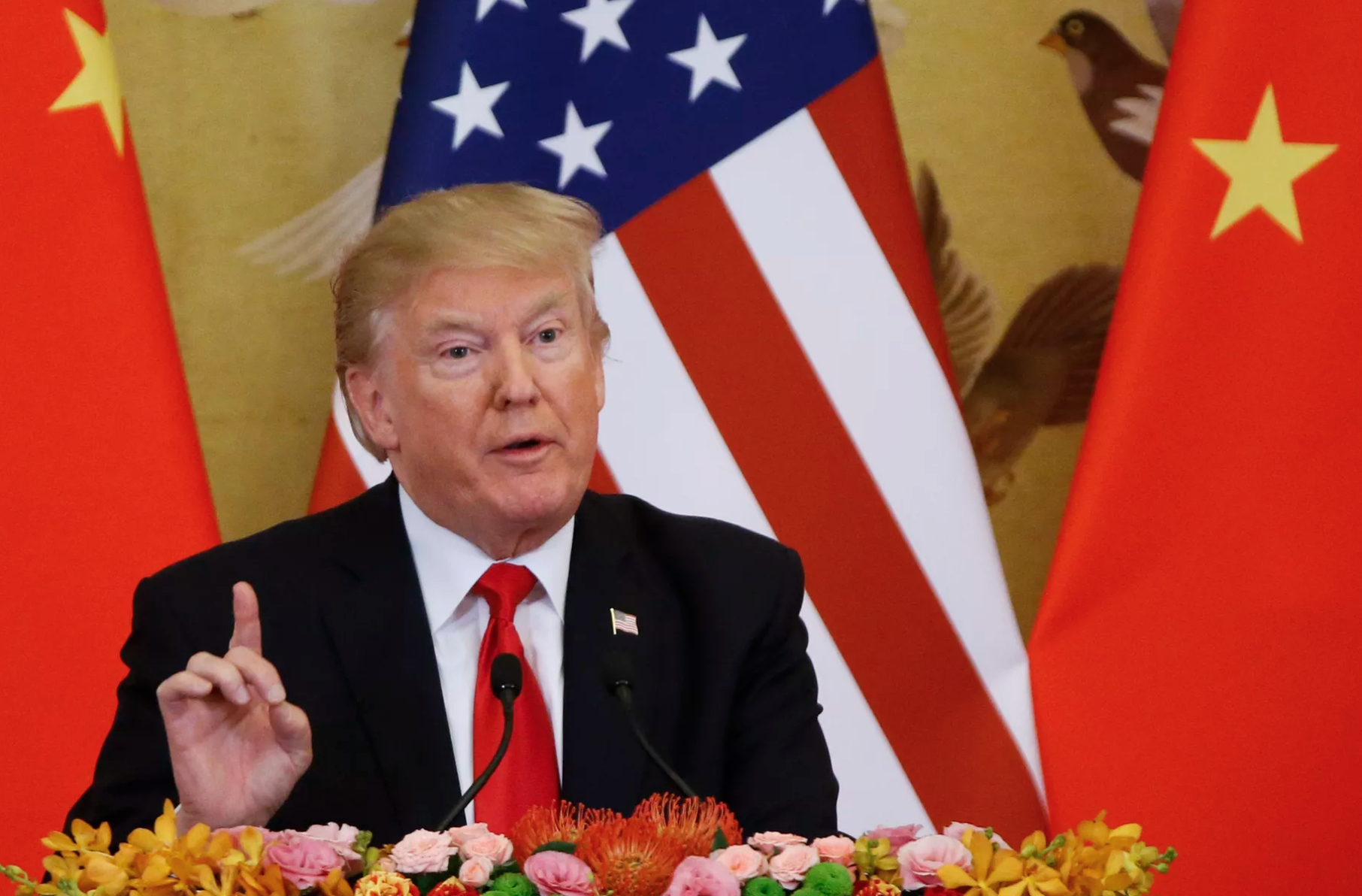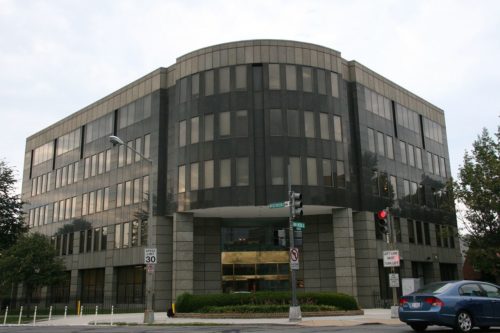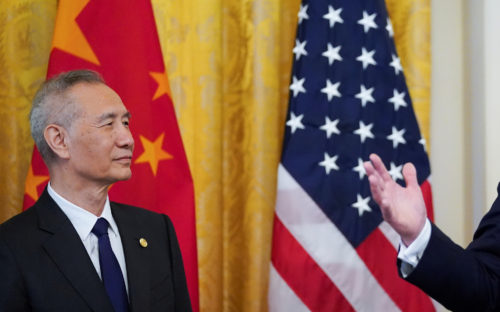Trade war, day 159: Lighthizer-Liu negotiations proceed, but ‘major broadside’ being planned in Washington

Despite Beijing’s fury over the arrest of Huawei CFO Mèng Wǎnzhōu, the remaining 80 of the 90 days of U.S.-China trade negotiations appear on track, for now.
- A phone call was held on December 10 between U.S. Trade Representative Robert Lighthizer, who is leading the American side of the negotiations, and his Chinese counterpart Liu He, the Wall Street Journal reports (paywall). Treasury Secretary Steven Mnuchin was also on the call.
- The three officials “discussed Chinese purchases of agricultural products and changes to fundamental Chinese economic policies,” the Journal reports, and “Chinese officials are also considering making changes to the Made in China 2025 plan,” according to “people familiar with the matter.”
- It is unclear whether the “changes” being considered to Made in China 2025 are any more substantial than the very slight modifications reported to be under consideration in early August.
- Chinese auto tariffs will fall to pre-trade-war levels, or 15 percent rather than the current 40 percent, the WSJ separately reported (paywall), in a concession. German automakers BMW and Daimler will be the biggest beneficiaries of this move, the timing of which has not yet been announced, the Journal noted. But the friendly noises may not continue for long.
The Trump administration is preparing a series of actions this week to call out Beijing for what it says are China’s continued efforts to steal America’s trade secrets and advanced technologies and compromise sensitive government and corporate computers, according to U.S. officials.
Multiple government agencies are expected to condemn China, citing a documented campaign of economic espionage and the alleged violation of a landmark 2015 pact to refrain from hacking for commercial gain.
In perhaps the most significant move, the Justice Department is expected to announce the indictments of multiple hackers suspected of working for a Chinese intelligence service and participating in a long-running espionage campaign that targeted U.S. networks.
Along with that, the administration is planning to declassify intelligence relating to the breaches, which date to 2014, and to sanction some of those believed responsible, according to people familiar with the plans.
A few other trade-war-related links:
- Chinese economic strategy
All eyes on China’s annual conference as President Xi Jinping prepares to unveil economic game plan for 2019 amid trade war tensions with the US / SCMP
“China’s top leadership headed by President Xi Jinping are set to convene soon, more than likely next week, to search for the right combination of policies to manage lingering trade tensions abroad and deepening growth slowdown at home, in which tax cuts, fiscal stimulus and greater opening are expected.” - Technology transfer
Does China Force Foreign Firms to Surrender Their Sensitive Technology? / Peterson Institute for International Economics
Nicholas Lardy writes, “The problem certainly does exist, most experts agree. But the data suggest that its magnitude has diminished over time.” - Confucius Institutes and worries about Chinese influence
U-M to end agreement with Confucius Institute next year / The University [of Michigan] Record - Geopolitics
China and the International Order / RAND
“This report evaluates the character and possible future of China’s engagement with the postwar order. The resulting portrait is anything but straightforward: China’s engagement with the order remains a complex, often contradictory work in progress.”
Previously in The China Project’s trade war coverage:






